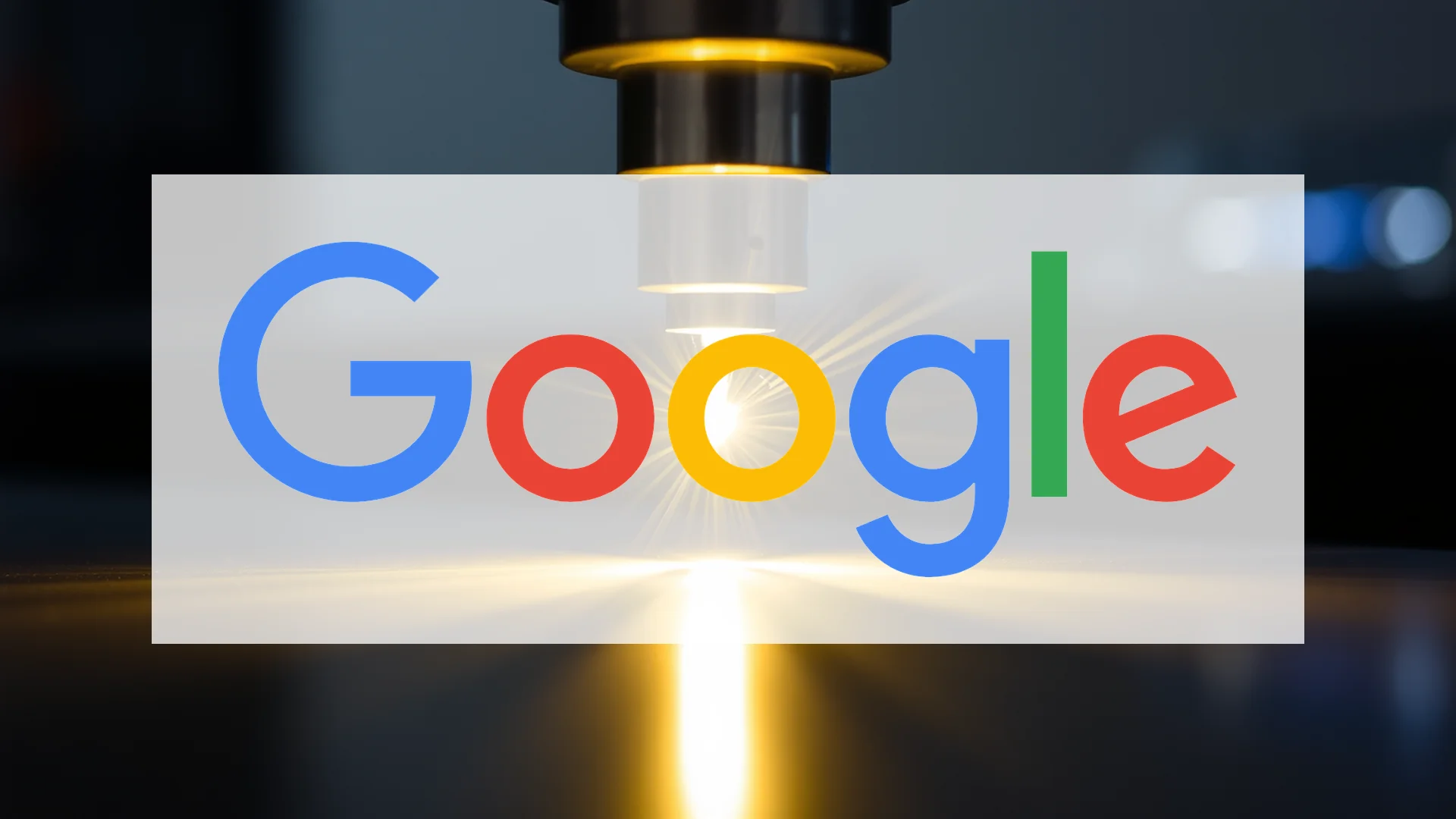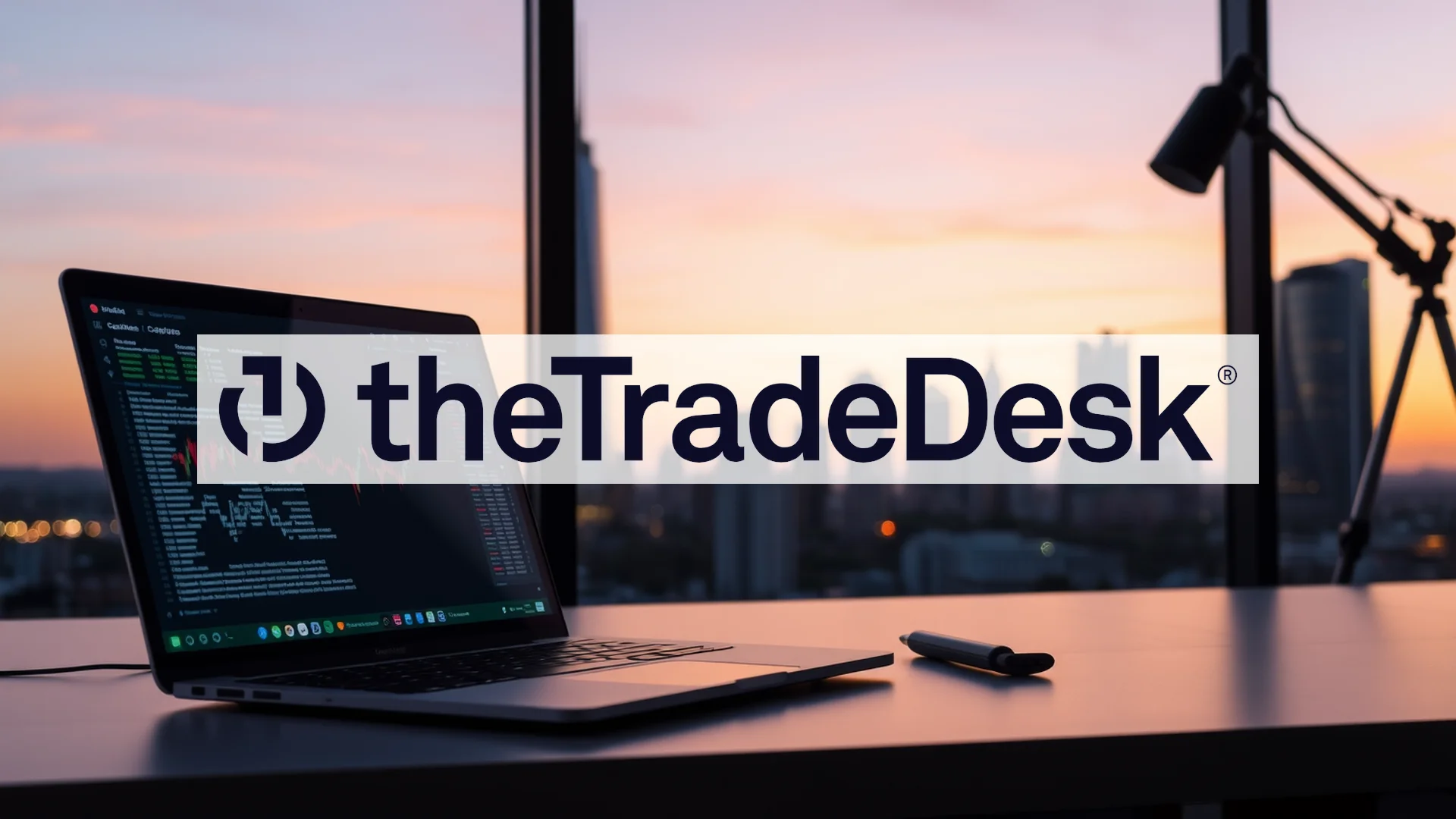Alphabet Inc., Google’s parent company, is undergoing a profound corporate transformation marked by strategic divestments and workforce reductions, even as it places enormous bets on artificial intelligence to secure its future. This delicate balancing act between cost containment and technological investment faces new challenges from emerging competitors in the AI landscape.
Workforce Reductions Signal Efficiency Drive
The technology giant is implementing significant cost-cutting measures, particularly within its Google Cloud division. More than 100 design positions have been eliminated, with user experience and platform services teams experiencing the most severe cuts—some departments lost up to half their personnel.
CEO Sundar Pichai has established clear operational priorities, emphasizing that “we must become more efficient while growing, and cannot solve every problem by adding more staff.” The savings generated from these workforce reductions are being redirected toward AI development and infrastructure investments.
Divestment of Verily Health Unit Advances
After two years of preparatory work, Alphabet is moving forward with plans to separate from its health sciences subsidiary Verily. The company is actively working to technologically disentangle the unit from the corporate structure, preparing it for either an outright sale or spinoff.
This strategic move underscores Alphabet’s renewed focus on its core revenue generators: digital advertising and cloud computing services. Verily, which specializes in developing data analytics for medical research, no longer aligns with the company’s central strategic direction. The planned divestment will free up capital desperately needed to fund Alphabet’s aggressive AI initiatives.
Should investors sell immediately? Or is it worth buying Alphabet?
Competitive AI Landscape Intensifies
Expansion Through Existing Ecosystems
Alphabet is accelerating its AI deployment across multiple platforms, with its Gemini artificial intelligence system now operational on more than 300 million Google TV and Android TV devices worldwide. The rollout commenced with TCL models and will expand to Google TV Streamers and various Hisense and TCL devices in 2025.
This widespread distribution provides Google with a critical competitive advantage in the race for AI dominance. While rivals continue building their platforms from scratch, Alphabet leverages its established hardware ecosystem to achieve rapid market penetration.
Emerging Competition Creates Headwinds
The company recently faced competitive pressure from Perplexity AI, which made its previously $200-per-month AI browser “Comet” available free of charge. The browser’s capability to summarize webpages and extract key information presents a direct challenge to Google’s search engine dominance. The announcement triggered a 0.6 percent decline in Alphabet’s share price.
Analyst Confidence Remains Strong
Despite the organizational turmoil, Wall Street experts maintain their positive outlook on Alphabet. Morgan Stanley raised its price target from $210 to $270, citing the company’s strong positioning in the artificial intelligence competition. Analysts identify three primary growth drivers: search dominance, cloud expansion, and YouTube’s continuing success.
Particularly noteworthy are cash flow projections, with free cash flow expected to increase from the current $81.4 billion to $140.1 billion by 2029. This substantial financial reservoir provides Alphabet with ample resources to fund expensive AI experimentation and development initiatives.
Ad
Alphabet Stock: Buy or Sell?! New Alphabet Analysis from February 8 delivers the answer:
The latest Alphabet figures speak for themselves: Urgent action needed for Alphabet investors. Is it worth buying or should you sell? Find out what to do now in the current free analysis from February 8.
Alphabet: Buy or sell? Read more here...









